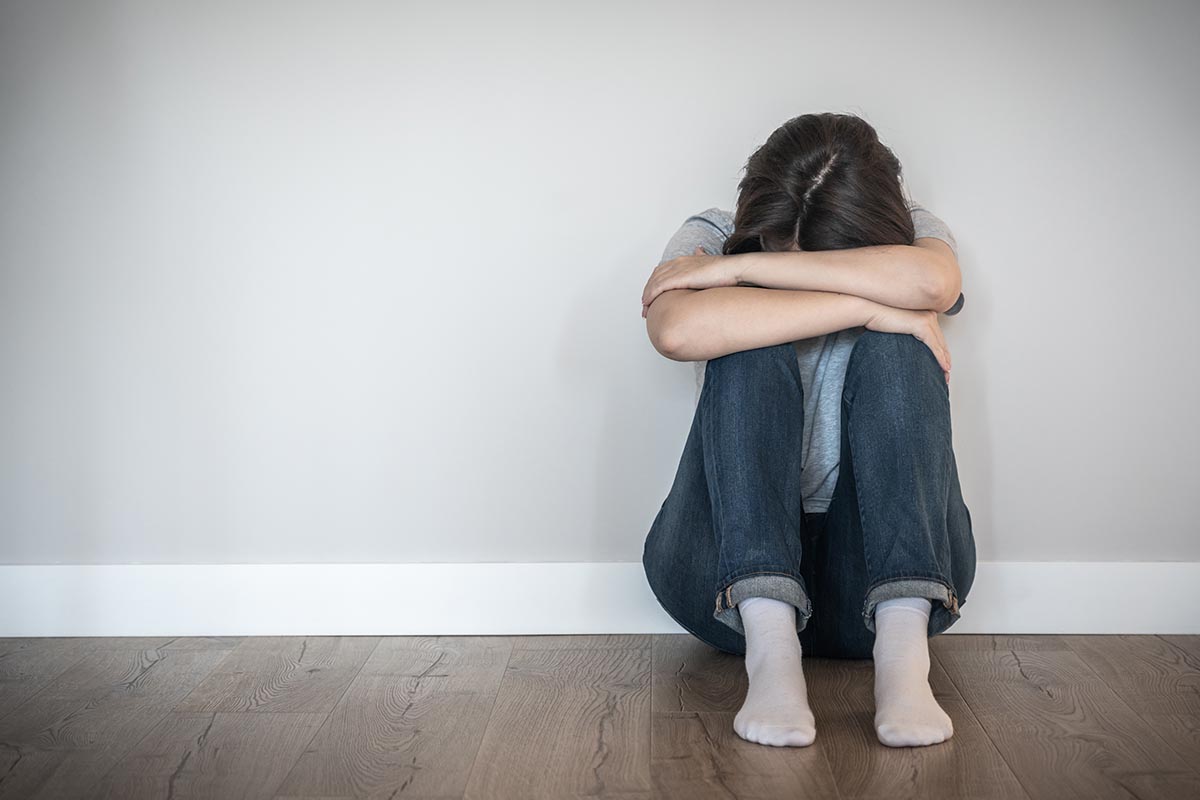Grief Can Be Overcome with Time, Effort, and Counseling (if Needed)
Grief is an unfortunate part of life. After all, everyone’s life must someday come to an end, including those of our loved ones. On the other hand, we can look at it positively and remember that life has even more beauty due to its precious, temporary nature.
It can be difficult to generalize about grief because many people experience grief differently, and there are many factors at play. For example, who is the person you lost? What was your relationship like? Were there complicated feelings there?
Dealing with grief can be a real challenge, especially because there are many things that we’re never told about. This article will help you understand five key stages to overcoming grief and how grief can indeed be surmounted with enough time, effort, and counseling if necessary.
Contents
Five Stages of Grief
While psychologists, therapists, and academics may debate how many stages of grief and what exactly they are, these five are considered highly universal: denial, guilt, anger, depression, and, finally, acceptance. Read on to learn more about each of these stages of grief and how you can work to overcome your own grief.
Denial
Oftentimes the first sensation a person experiences when it comes to grief is shocked. It can be utterly shocking to face the death of a loved one, particularly if it was sudden, unexpected, and/or tragic. (All death is tragic, so we mean particularly tragic, like a young person dying of cancer.)
This shock often leads right into denial, the classic first step of issues such as grief or substance use disorder. We may feel so distraught that we cannot even process the death of the loved one, so we remain in denial about it. Unfortunately, this stage prohibits any form of real progress in overcoming grief.
Guilt
Guilt won’t necessarily be experienced by everyone who faces the death of a loved one, but it is quite common. Even if you don’t really have anything to be guilty about, it’s normal to feel some level of guilt. Perhaps it was your parent or grandparent, and you regret not having spent more time with them.
Depending on the type of relationship you had with the deceased, the feelings of guilt may be intense and overwhelming. That’s okay. It’s a normal part of the grieving process, and it will take time for you to process and accept the way you feel. What may help is reminding yourself that this person is now gone, so there’s nothing you can do at this point to change the relationship. Feeling guilty won’t make anything better.
Anger
Many of these steps bleed into one another, and you may experience them in different order. As said before, grief is an individual, unique process. That said, anger commonly accompanies guilt. You may even feel angry about feeling guilty, or you may be angry at the deceased. No matter the source of your anger, it’s a common step in the grieving process.
So long as you control your anger, you’ll be okay. Find a good outlet for it if possible. Find someone you can open up to or consider seeking advice online: https://www.betterhelp.com/advice/grief/. You can also try taking your anger out in the batting cage or driving range or on an old pillow. Letting your emotions out in this way is a much better idea than allowing them to stay bottled up.
Depression
Depression is a common step in the grieving process for many. The loss of a loved one, especially if you were very close and/or the circumstances under which they passed were difficult, can have you asking yourself existential questions. You may be thinking about your own mortality. You may be thinking about regrets you may have.
Unfortunately, depression can be downright debilitating. It doesn’t have to be that way, though. If you feel as if you are experiencing depression, it’s best to speak with someone you trust. If your symptoms are severe, it’s recommended to speak with a licensed counselor or your doctor.
Acceptance
It may take weeks, months, or even years, but eventually, you will come to acceptance, the final stage. Acceptance, quite simply, allows you to move on. It doesn’t mean that you feel perfect emotionally, or that you won’t sometimes have pangs of remorse or sadness, but it means that overall you’ve accepted the loss and can get on with your life.
Getting Help with Your Grief
If you need help with your grief, you’re far from alone. This can be one of the toughest things we go through as humans. Reaching out and speaking with a trusted loved one is always a good idea. It’s better not to go through difficult situations like this alone. And if you’re feeling really down, you may consider speaking with a licensed counselor or therapist.
Counselors and therapists are specifically trained to help people navigate tough times, and there are even those who specialize in grief therapy.
Overcoming Grief: Conclusion
Overcoming grief may feel impossible when you’re in the middle of it. It’s completely normal to experience feelings of shock, denial, guilt, remorse, anger, and depression. Eventually, though, you’ll find your way to acceptance, and it may very well feel like you can breathe again for the first time.

